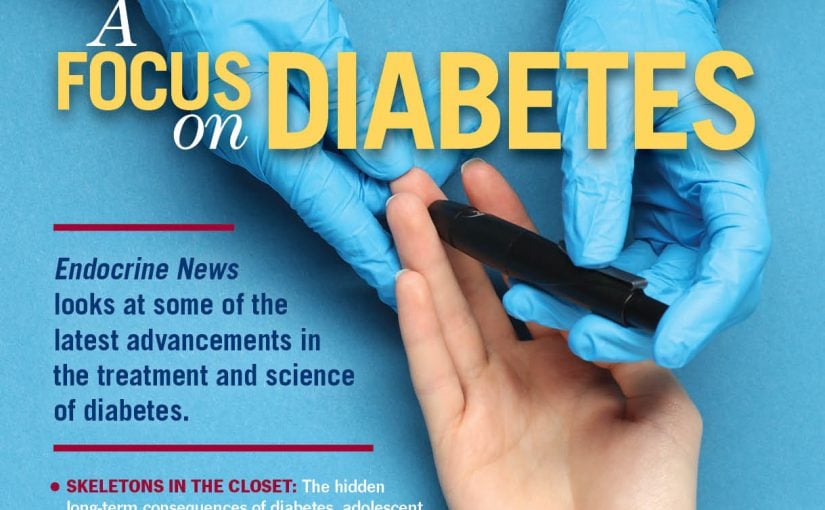Phase 2 clinical trial results show fewer episodes of low blood sugar and comparable safety
A new once-weekly basal insulin injection demonstrated similar efficacy and safety and a lower rate of low blood sugar episodes compared with a daily basal insulin, according to a phase 2 clinical trial. The study results, which were presented at ENDO 2021, compared an investigational drug called basal insulin Fc (BIF) with insulin degludec, a commercially available long-lasting daily insulin, in patients with type 2 diabetes.
“These study results demonstrate that BIF has promise as a once-weekly basal insulin and could be an advancement in insulin therapy,” said Juan Frias, MD, the study’s principal investigator and the medical director of the National Research Institute in Los Angeles, Calif.
The reduced number of injections with weekly insulin may improve adherence to insulin therapy, which could result in better patient outcomes than for daily basal insulins, Frias says. Once-weekly dosing also may increase the willingness of patients with type 2 diabetes to start insulin therapy when oral medication alone no longer gives adequate blood glucose control, he added.
The 32-week clinical trial was conducted in 399 patients and sponsored by Eli Lilly and Company. All patients had type 2 diabetes and were previous users of basal insulin combined with oral antidiabetic medications.
The patients received random assignments to one of three treatment groups: once-weekly injections of BIF at one of two different dosing algorithms (with different goals for fasting blood glucose levels) or the standard once-daily injections of insulin degludec. One fasting glucose target for patients receiving BIF was 140 milligrams per deciliter (mg/dL) or less, and the other was at or below 120 mg/dL. The fasting glucose target for insulin degludec was 100 mg/dL or less.
Compared with insulin degludec, patients taking BIF achieved similar long-term blood glucose control, as measured by hemoglobin A1c, the researchers reported. Study participants had an average A1c of 8.1% at the beginning of the study and at the end of the study had an average improvement in A1c of 0.6% for BIF and 0.7% for insulin degludec, the data showed.
Additionally, BIF use resulted in significantly lower rates of hypoglycemia, or low blood sugar (less than 70 mg/dL). Severe untreated hypoglycemia is a dangerous complication that can cause seizures, loss of consciousness and death. Frias says BIF has “the potential of a flatter and more predictable action than the current daily basal insulins, which may have contributed to the lower rates of hypoglycemia.”
Regarding safety, BIF had a generally comparable adverse event profile to that of insulin degludec, he says.
“Based on our promising data, further research with BIF has been initiated in patients with type 1 diabetes and other type 2 diabetes patient populations,” Frias says.

